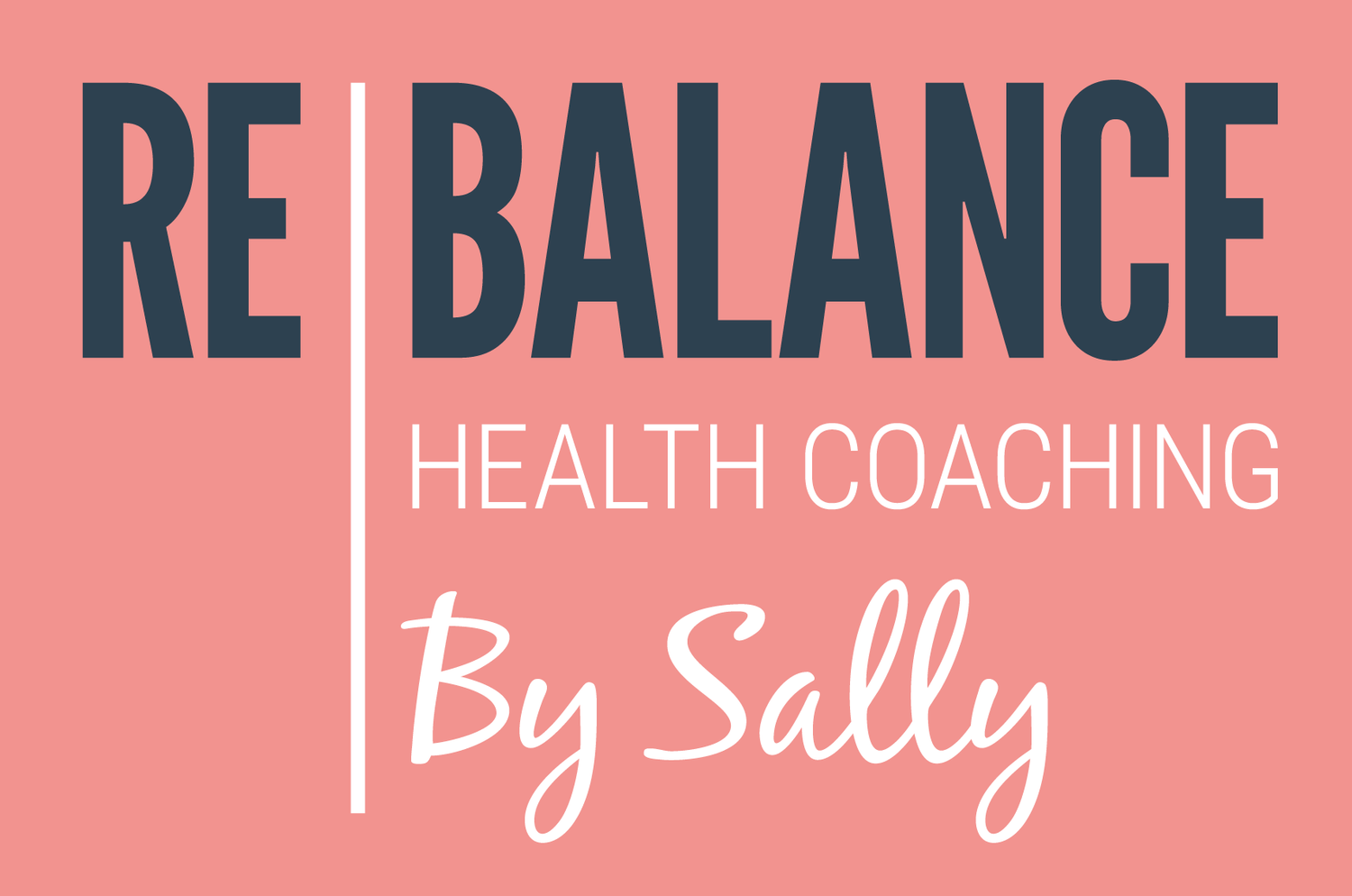5 Herbs For Menopause
Menopause is a natural phase of life, marking the end of menstruation and the beginning of a new chapter. However, the transition is often accompanied by a range of symptoms, from hot flushes and night sweats to mood swings and sleep disturbances. As a health coach specialising in menopause, it’s essential to explore natural ways to ease these symptoms, empowering women to feel their best during this time. Herbs have long been used in traditional medicine to support women’s health, and many can be particularly beneficial during menopause. Here are five herbs that can help manage menopause symptoms effectively.
1. Black Cohosh (Actaea racemosa)
Black Cohosh is one of the most well-known herbs for alleviating menopausal symptoms. It has been traditionally used to reduce hot flushes, night sweats, and mood swings. The herb works by mimicking the effects of oestrogen in the body, helping to balance hormone levels. It also has anti-inflammatory properties which may help alleviate joint and muscle aches and pains. Studies suggest that Black Cohosh may also support bone health, which is crucial as the risk of osteoporosis increases after menopause. Black Cohosh can help to calm the nerves and is therefore helpful for managing anxiety during menopause.
It’s important to note that while Black Cohosh is generally considered safe, it should be used under the guidance of a healthcare professional, especially for women with liver concerns or taken certain medication.
2. Red Clover (Trifolium pratense)
Red Clover is another herb commonly used to support women during menopause. It contains phytoestrogens, which are plant-based compounds that can mimic oestrogen in the body. These compounds may help reduce the severity of hot flushes, insomnia, low mood and anxiety. Red Clover is also rich in vitamins and minerals, making it a nourishing choice for overall health. While it’s a gentle herb, it’s advisable to consult a health professional before use, particularly if you’re taking hormone replacement therapy (HRT).
3. Turmeric (Curcuma longa)
Turmeric, widely recognised for its vibrant yellow colour and anti-inflammatory properties, is an increasingly popular herb for supporting women's health during menopause. Curcumin, the active compound in turmeric, has been shown to have a positive impact on various menopausal symptoms, particularly joint pain, mood swings, and hot flushes. Its anti-inflammatory effects can help reduce the discomfort associated with joint and muscle aches, which are common as oestrogen levels decline. Moreover, turmeric supports cognitive health, potentially alleviating the ‘brain fog’ that some women experience during menopause.
Turmeric is also beneficial for cardiovascular health, which becomes increasingly important after menopause when the risk of heart disease rises. It can be easily incorporated into the diet through cooking and should be combined with black pepper to enhance absorption. However, it’s advisable to consult a healthcare professional before starting turmeric supplements, especially if you are on blood-thinning medications or have a history of gallstones.
4. Sage (Salvia officinalis)
Sage is well-known for its culinary uses, but it also has powerful medicinal properties, particularly for managing menopause symptoms. Sage is effective in reducing excessive sweating and hot flushes, thanks to its astringent properties. It is also believed to support cognitive function, which can be beneficial as some women experience memory issues or ‘brain fog’ during menopause. The memory-enhancing properties of Sage have been demonstrated by Professor David Kennedy and his team, working at the University of Northumbria, UK. Another line of enquiry has shown that Sage can reduce signs and symptoms of pre-diabetes, encouraging weight loss and lowering raised blood pressure. Sage tea is a simple and soothing way to incorporate this herb into your daily routine, providing both comfort and relief.
5. Dong Quai (Angelica sinensis)
Dong Quai, often referred to as the “female ginseng,” is a traditional Chinese herb that has been used for centuries to support women’s health. It is particularly useful during menopause for its ability to balance hormones and alleviate symptoms such as hot flushes and menstrual irregularities in the perimenopausal phase. Dong Quai also promotes healthy blood circulation and nourishes the blood which may be beneficial for PMS and menstrual cramps. Dong Quai can also help with sleep disturbances commonly experienced during menopause. However, it’s important to consult with a healthcare provider before using Dong Quai, especially if you’re on blood-thinning medications or have any hormonal-sensitive conditions.
Menopause can be a challenging time, but with the right support, it can also be a period of empowerment and renewal. These five herbs offer natural ways to alleviate some of the common symptoms associated with menopause, allowing you to navigate this life stage and feel like yourself again.
As with any natural remedy, it’s important to approach herb use carefully and consult with a healthcare professional to ensure safety and effectiveness. By embracing the power of these herbs, you can take proactive steps towards achieving better health and well-being during menopause.
As a menopause health coach, I find that integrating these herbs into your daily routine as part of a holistic approach to managing symptoms can be effective. Combined with lifestyle changes, good nutrition, movement and exercise, and emotional support, these natural remedies can play a significant role in enhancing quality of life during perimenopause and menopause.

